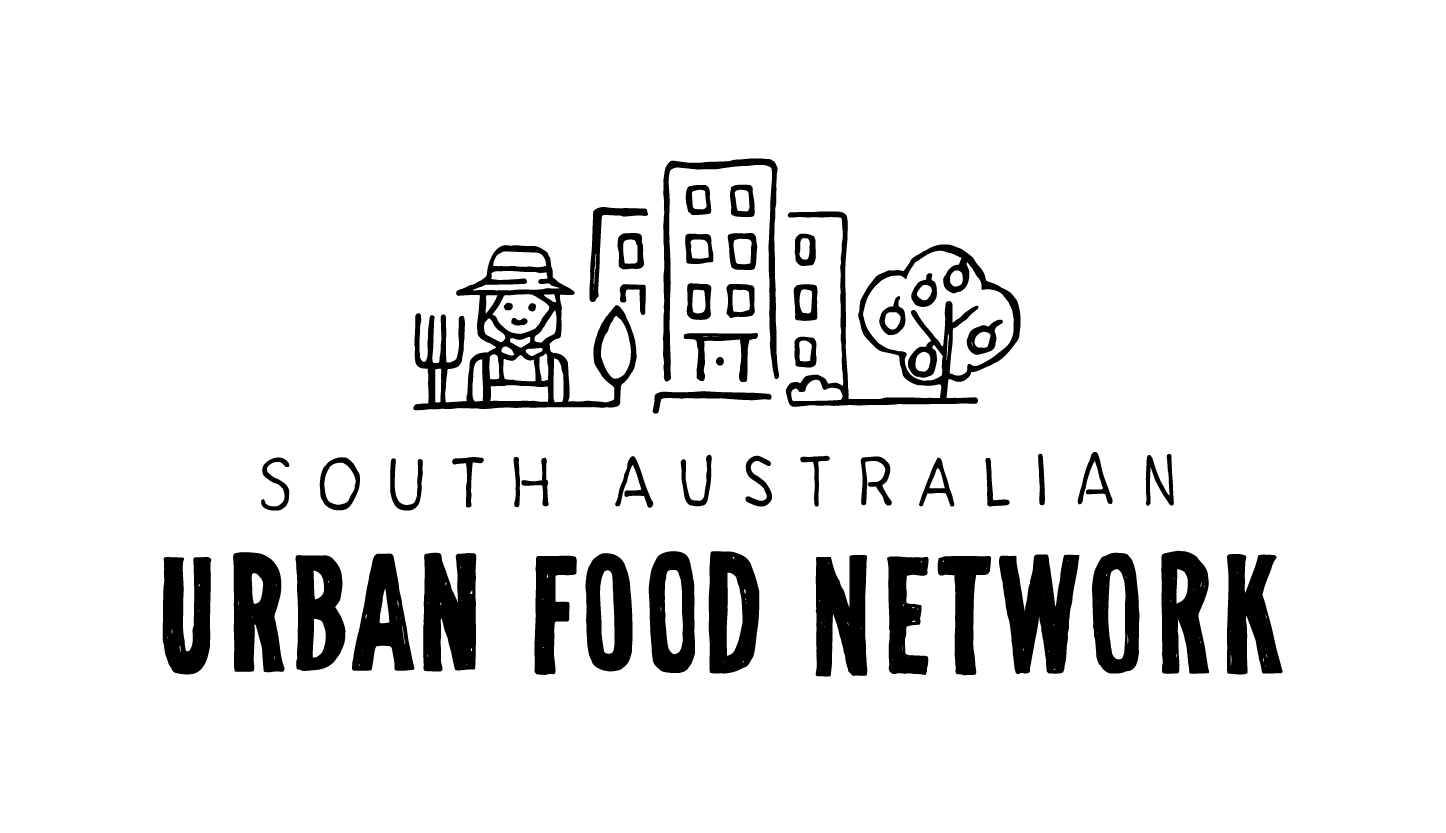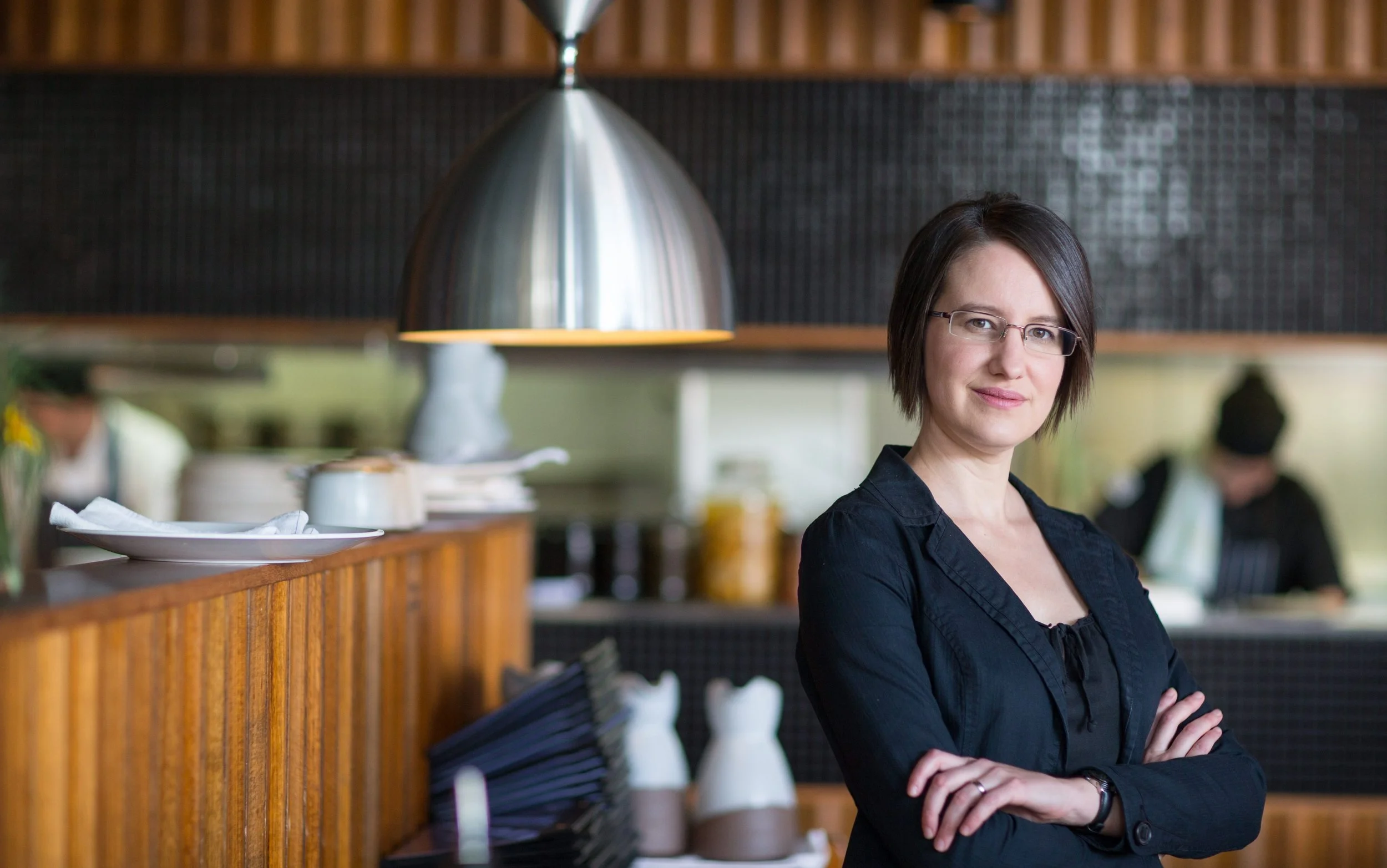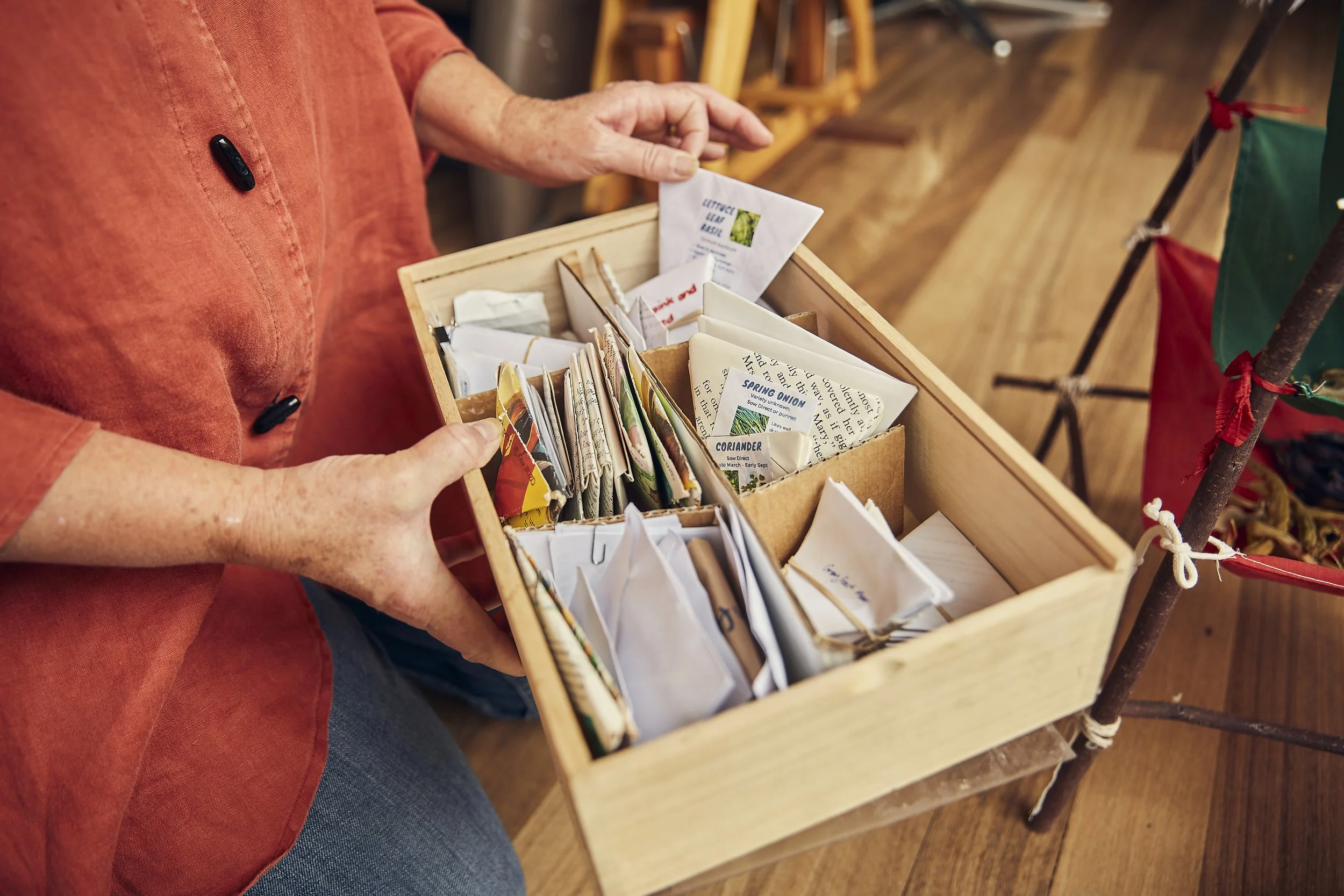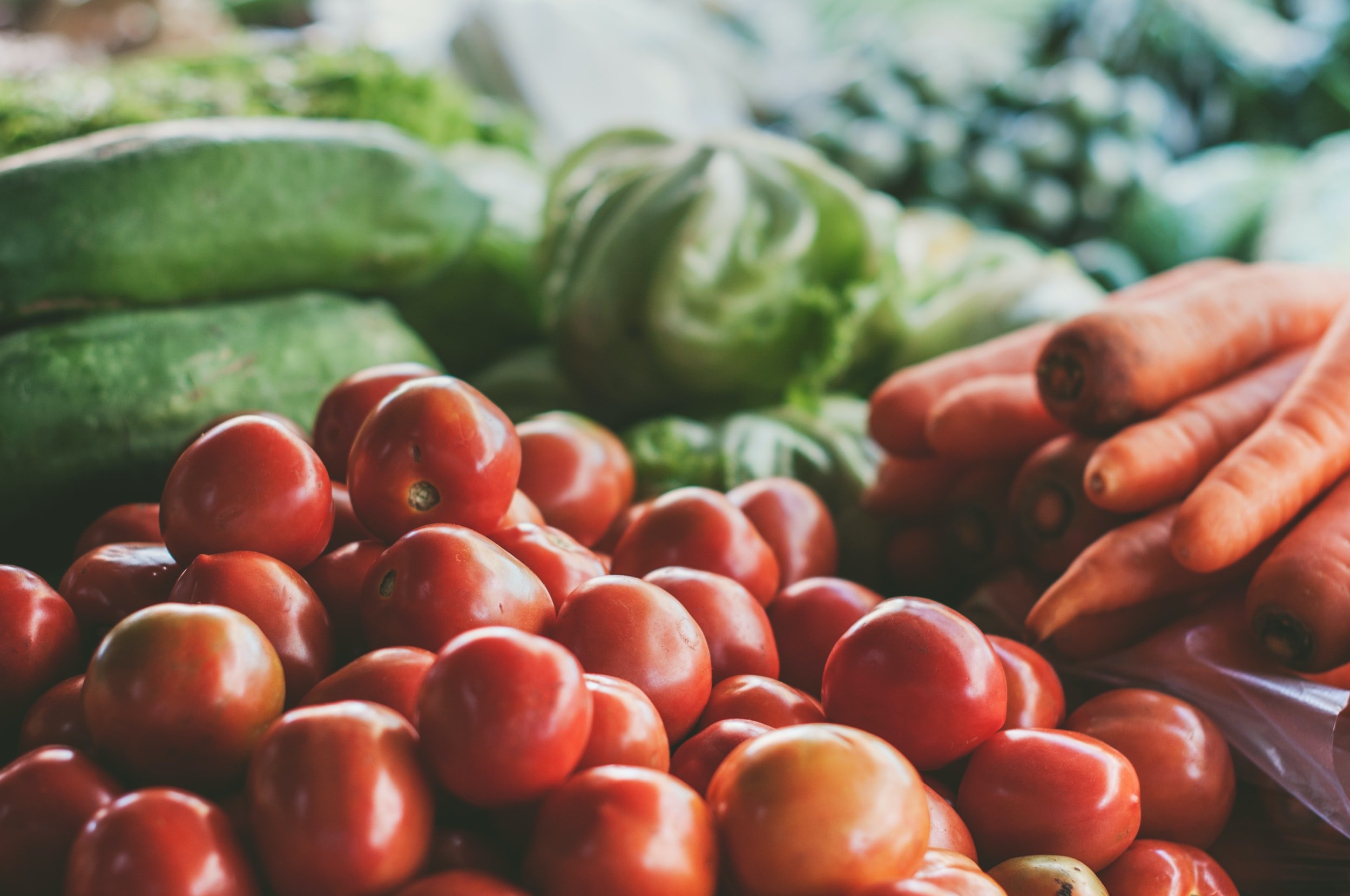Dr Michelle Phillipov, Media and Cultural researcher, Senior Lecturer at University of Adelaide
‘Food is not just about food, it’s about other things as well’. We had a chat to media and cultural scholar, Dr Michelle Phillipov about the popularity of programs such as MasterChef, increasing activism in food, and what it means to have ‘choice’ in a food system that is heavily influenced by the media.
The key stats
Name: Dr Michelle Phillipov
Job: Media and Cultural researcher, Senior Lecturer at University of Adelaide
Research area: Cultural politics, how media interest in food is shaping public debate, media and food industry practices, and consumer politics.
Fun fact: Michelle’s PhD was on Death Metal music; she sees a lot of overlap between that and the rise in popularity of food TV shows
Current focus: Looking at the turn to the local during Covid and what it means for Australian small-scale food industries.
Recent publications: ‘Alternative food politics: from the margins to the mainstream’ – Phillipov, M and Kirkwood, K.
From the margins to the mainstream
Walking into the supermarket in 2021 can be a confronting experience. Face masks and QR codes aside, to walk down any and every aisle is to be bombarded with messages about the range of products that you should be spending your hard-earned cash on.
“Free Range! Grass Fed! Organic! Locally Grown! Plant-based!” – these labels will be familiar to many of us, and for those particularly savvy consumers, you may have noticed an increase in the prevalence of this kind of labelling. You may have made the switch to these products or even started shopping at the Farmers Market and growing your own produce as a result.
It wasn’t always this way. In fact, interest in the provenance of food, animal welfare, environmental impact has really only become a mainstream idea in the last decade or so.
So, what is this about?
The rise of alternative food politics
As many vegetarian and vegan eaters can attest, it wasn’t so long ago that finding something that wasn’t tomato pasta on the menu at most inner-city Adelaide pubs was a rarity. We all have a horror story. It is increasingly common now to find a range of deliciously ethical options available on most menus and in the supermarket, as well as the option to purchase goods and services from businesses who subscribe to an ethical framework that mimics our own.
This is because a lot of what used to be considered ‘alternative’ food politics, has now become more mainstream.
“Food has become a key issue of cultural and political concern. Ethical eating, local eating etc. are things that were once very much on the fringes of how we thought about food, but consumers are now much more aware of these things. These ideas have now been incorporated into mainstream marketing techniques and in the purchasing choices of the major supermarkets.”
The primary cultural force behind this shift, explains Michelle, is the media. The popularity of programs such as MasterChef and celebrity chefs such as Jamie Oliver for example, have generated an increase in the interest in not just cooking but food ethics and quality, and has resulted in a shift in the paradigm of choice as a result.
‘This means that food producers now need to be increasingly aware of media trends and potential issues of concern. Consumers are much more conscious about the ethics of food – even if they do not necessarily always follow through in their own purchasing decisions, consumers are very interested in the idea of choice’ says Michelle.
But what does all this choice really mean?
Choice
“When we are looking at labels, we are not talking about an absolute standard.”
For many consumers, the ‘free range’ label on a carton of eggs in the supermarket implies that the hens who laid these eggs lived a happy life and were not living in the kinds of horrible conditions they have seen depicted in films such as Morgan Spurlock’s ‘Super Size Me’.
“When we think of free range, we think of this bucolic image of hens roaming freely. The reality is most chickens don’t like live that and there is an enormous amount of responsibility on the consumer to navigate that, which is beyond most people, both in terms of effort and the level of knowledge required.”
Part of the problem, she says, is that these are often marketing labels that place the responsibility on the consumer to make the choice and assume responsibility for this choice, rather than on the regulatory environment.
The increasing interest in ethics and food activism has also been a learning curve for producers – in some cases it is punitive, and others an opportunity.
“Gone are the days when you can just roll up and do your thing and nobody is going to bother you. Most successful producers are much savvier and have a greater understanding of how media works – how to communicate with consumers and how to get your product or business out to the media.”
Is the mainstreaming of food politics a good thing?
A lot of the criticism of this recent paradigm shift relates to a lack of diversity, and the focus on the interests of what some might call the ‘urban middle class’.
It would be nice to think that this shift in focus has resulted in a greater level of diversity in the market, with more opportunities for smaller, local companies, more diversified producers, and consumers, but as Michelle points out, much of the mainstreaming of food politics has benefited big business – such as the major supermarkets, and that lack of diversity is still very much apparent.
“There’s a layer of privilege there. Media is a huge part of food production now. Some people pick it up really well, others need media training to get it right.”
Understanding how the media works, how to get your product or business out to the media, how to build a following on social media, requires levels of skill and time that many producers are not able to access.
This has a flow on effect for the consumer as well. Michelle explores the idea of the ‘Good Citizen’ in her book ‘Alternative food politics: from the margins to the mainstream’ and describes it as a phenomenon that places an ethical and moral value on food that is reflected in the choices individuals make. Someone who follows these ethics is ‘good’ and someone who doesn’t is not.
“One of the problems with moral judgements about food is they overlook the structural inequalities that underpin food choice. Not everyone has the means to access so-called ‘good food’”
The choice to eat in a certain way, the ways of eating and purchasing food that are seen as most desirable, argues Michelle, tend to reflect white middle-class forms of taste.
‘There are some communities in Adelaide who feel that (the Farmers Market) is not a space for them, but who are not necessarily disinterested in healthy, homegrown fresh food’.
One of the reasons for this is because the culture of alternative food politics, through its mainstreaming in the media, has become a kind of middle-class politics. Ethical eating has become a measure of cultural capital that locks entire communities of people out of the conversation.
‘We don’t tend to see a great many culturally diverse eating practices being privileged. Moral judgements about food can be both racist and classist and we have to be careful about that’.
Equally tricky is the focus on growing your own food.
‘When we’re talking about access to locally grown food what we’re talking about is something being more accessible to more people.’
One of the biggest issues is access to land and how to make it more accessible to people so that they can grow their own food. With growing numbers of people locked out of the housing market, increasing urban density and the loss of the suburban garden, access to land becomes even more difficult.
‘Food is not just about food, it’s about other things as well – those other things have to come into consideration when you talk about interventions.’
Michelle’s findings are a good reminder to everyone who is interested in the future of food in South Australia about the importance of diversity and access, and how this has the potential to influence the changing nature of food politics.




